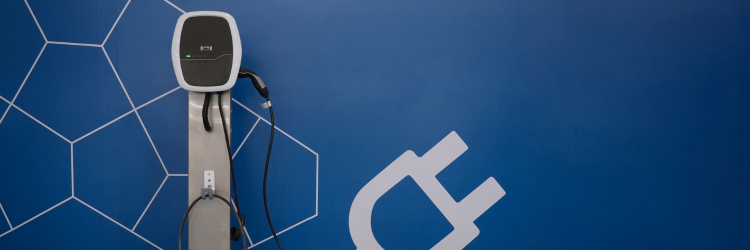Will Toyota’s Battery Tech Revolutionize the Automotive Industry?
The top challenges for EVs include driving range and cost. Toyota recently announced its concentration on battery electric vehicle (BEV) technology, launching a dedicated BEV factory to produce revolutionary, evolving batteries that meet consumer expectations and lower the price of BEVs.
Toyota aims to introduce next-generation bipolar batteries, taking the technology from its HEVs (hybrid electric vehicles) to BEV manufacturing. The company announced its anticipated all-solid-state batteries will move into the practical application phase for use in BEVs based on a development partnership with Prime Planet Energy and Solutions Corporation.
Toyota anticipates that by 2026 the next generation square battery it is developing will facilitate a cruising range of 1000 km (around 620 miles) and that consumers should expect to see advances in battery aerodynamics and weight reduction with faster charging times. Toyota also announced that costs would be reduced by 20 percent.
Bipolar batteries are based on bipolar electrodes (anode and cathode) contained inside a battery module that differ from monopolar since both electrodes are applied onto the same distributor foil, where they are stacked and electrically wired in sequence. All-solid-state batteries use solid electrolytes vs. liquid ones. They have a lower risk of overheating compared to existing technologies. Toyota is also focusing on enhancing energy densities to further improve BEV cruising ranges, hoping to initiate mass production between 2027 and 2028.
The BEV factory will include a self-propelling assembly line and new intelligent digital technologies for a better understanding of processes to make additional improvements and keep all BEV technology future-proof. Toyota anticipates that the three main approaches to its realization are “electrification, intelligence, and diversification.”

